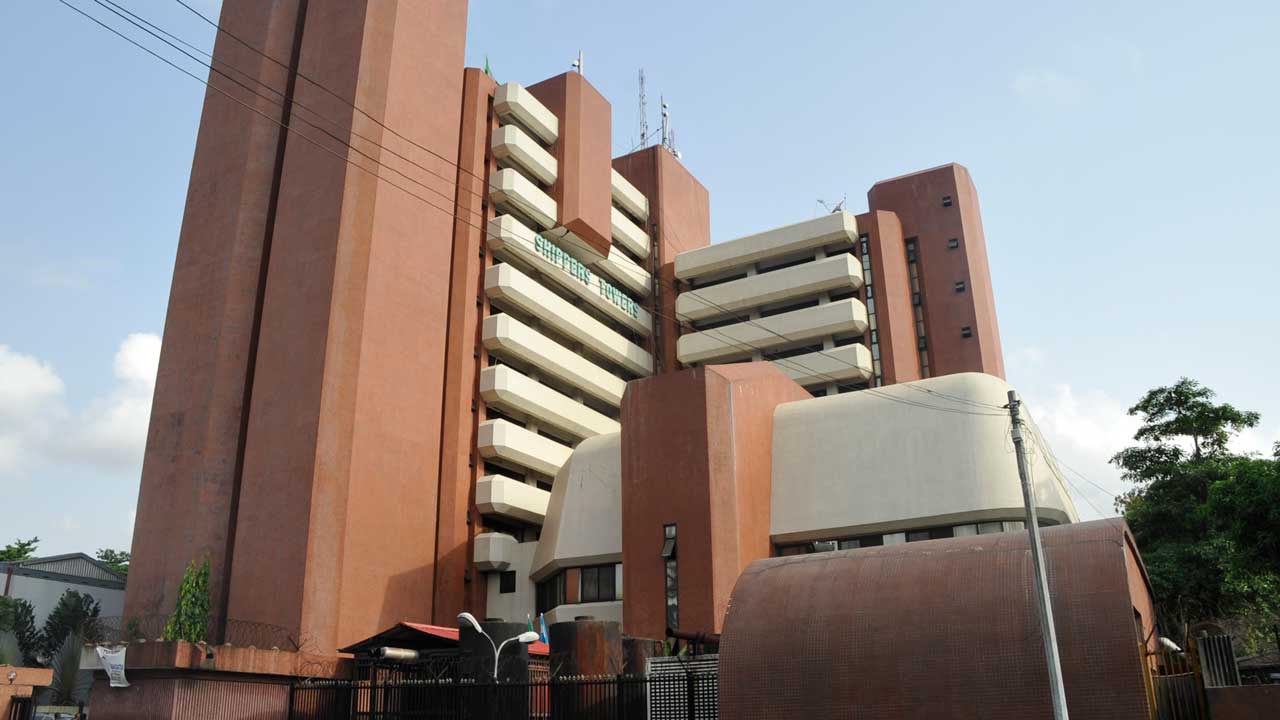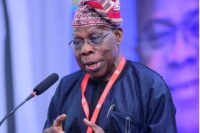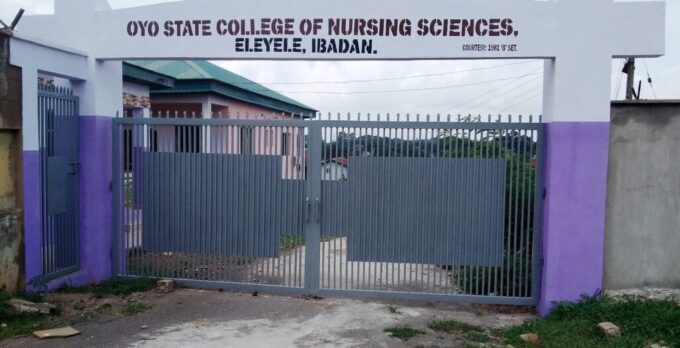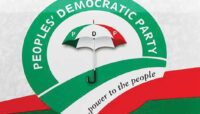By Steve Agbota
The Nigerian Shippers’ Council (NSC) has called for the implementation of a 1 per cent freight stabilisation fee and the enactment of the Nigerian Port Economic Regulation Act (NIPERA) Bill 2025 into law.
The NSC appealed to lawmakers to accelerate both the implementation and passage of the bill, noting that it would strengthen the Council’s capacity to effectively carry out its statutory obligations.
The Executive Secretary/Chief Executive Officer of the NSC, Dr. Akutah Pius Ukeyima, made the appeal when the Senate Committee on Marine Transport paid an oversight visit to the Council headquarters in Lagos.
He urged the Committee to fast-track the enactment of the NIPERA Bill 2025 into law and also support the Council’s financial independence through the 1 per cent freight stabilisation fee.
However, he lamented that the 2 per cent funding the Council currently receives from the 7 per cent Port Development Levy (PDL) is inadequate to meet the scale of its statutory responsibilities. He stressed that this arrangement also lacks firm legislative backing, leaving the Council’s financial base unstable.
Speaking on the challenges facing the NSC, Ukeyima said that while progress had been made, major issues remained, particularly in the area of funding and sustaining the Council’s independence.
“At present, the Council relies largely on the 2 per cent from the 7 per cent Port Development Levy (PDL) as its main source of funding. However, this levy is not only inadequate to meet the scale of our statutory responsibilities but also lacks a firm legislative backing, leaving the Council’s financial base unstable.
“To address this, we respectfully seek your urgent support in two critical areas: accelerated enactment of the NIPERA Bill into law to consolidate the Council’s mandate, strengthen investor confidence, and ensure effective enforcement of economic regulation; and championing the Council’s financial independence through the 1 per cent Freight Stabilisation Fee,” he said.
According to him, the fee, established under Section 1(3) of the 1995 Act and Section 7(2)(c) of the NSC Act, is not a tax but a statutory service charge for regulatory functions such as tariff monitoring, cost regulation, cargo protection, dispute resolution, and trade facilitation.
He clarified that the fee does not conflict with the Nigerian Tax Administration Act (NTA) 2025, adding that while the Act harmonises collections, it does not abolish legally established service-based revenue streams.
On the contrary, he explained, the fee complements the unified collection framework, ensuring sustainable funding for the Council while revenues are collected through the Nigeria Revenue Service and remitted into the Consolidated Revenue Fund.
“This model is consistent with global best practice, from Ghana to Kenya to South Africa, and aligns with the WTO Trade Facilitation Agreement, which allows charges proportionate to services rendered. Without this dedicated stream, the Council and NIPERA, when fully operational, risk financial incapacitation, jeopardising both our reform gains and Nigeria’s readiness under AfCFTA,” he added.
“I commend President Bola Ahmed Tinubu, whose Renewed Hope Agenda has provided the vision and political will to reform Nigeria’s Marine and Blue Economy sector. We also salute the Minister of Marine and Blue Economy, Adegboyega Oyetola, for his dynamic leadership, which has guided and supported the Council in repositioning itself as a driver of trade facilitation, regulation, and growth.
“I must specially acknowledge the National Assembly, particularly this Committee, for your tireless collaboration with the Council. Your historic role in the passage of the Nigerian Port Economic Regulation Act (NIPERA) Bill 2025 is a milestone that will forever reshape Nigeria’s maritime industry.”
In his remarks, the Chairman of the Senate Committee on Marine Transport, Senator Wasiu Sanni Eshinlokun, said the performance of the Nigerian Shippers’ Council as a port economic regulator and a key driver of efficiency in shipping is central to Nigeria’s economic aspirations.
“The maritime industry, and particularly shipping, is a catalyst for national development. It contributes significantly to job creation, industrial growth, and foreign exchange earnings. Therefore, the performance of the Nigerian Shippers’ Council as a port economic regulator and a key driver of efficiency in shipping is central to Nigeria’s economic aspirations.
“The administration under the leadership of President Bola Ahmed Tinubu has shown commendable commitment to the development of the maritime sector. Through ongoing reforms, policy alignments, and investment in port infrastructure and digitalisation, the government has continued to create a conducive environment for shipping services to thrive,” he said.
He added that these efforts are geared towards reducing the cost of doing business, enhancing competitiveness, and aligning Nigeria’s maritime industry with international best practices.
“As a committee, we are determined to support these reforms and ensure that the Nigerian Shippers’ Council continues to deliver on its mandate. Our oversight today will allow us to engage constructively, review progress made, understand the challenges faced, and recommend pragmatic solutions that will enhance service delivery and boost economic growth.
“Let me emphasise that the Senate Committee on Marine Transport remains committed to its constitutional mandate of ensuring accountability and good governance. Together with the Nigerian Shippers’ Council and our stakeholders, we shall work to strengthen the shipping sub-sector as a driver of Nigeria’s economic prosperity,” he added.


















Leave a comment